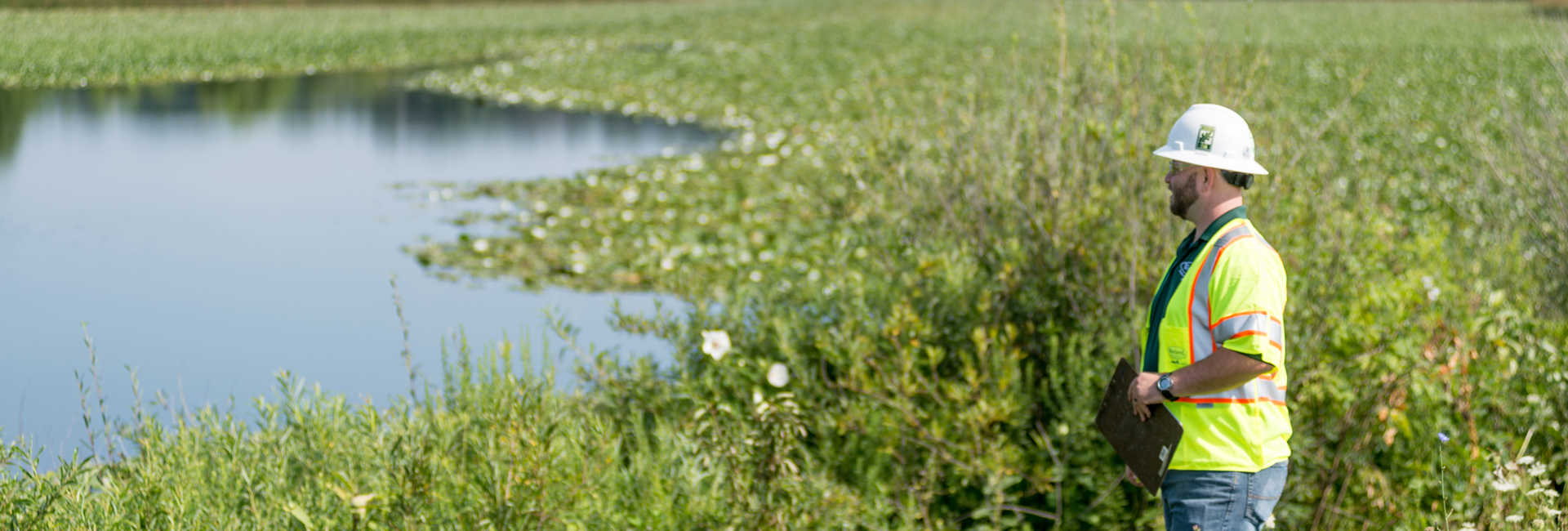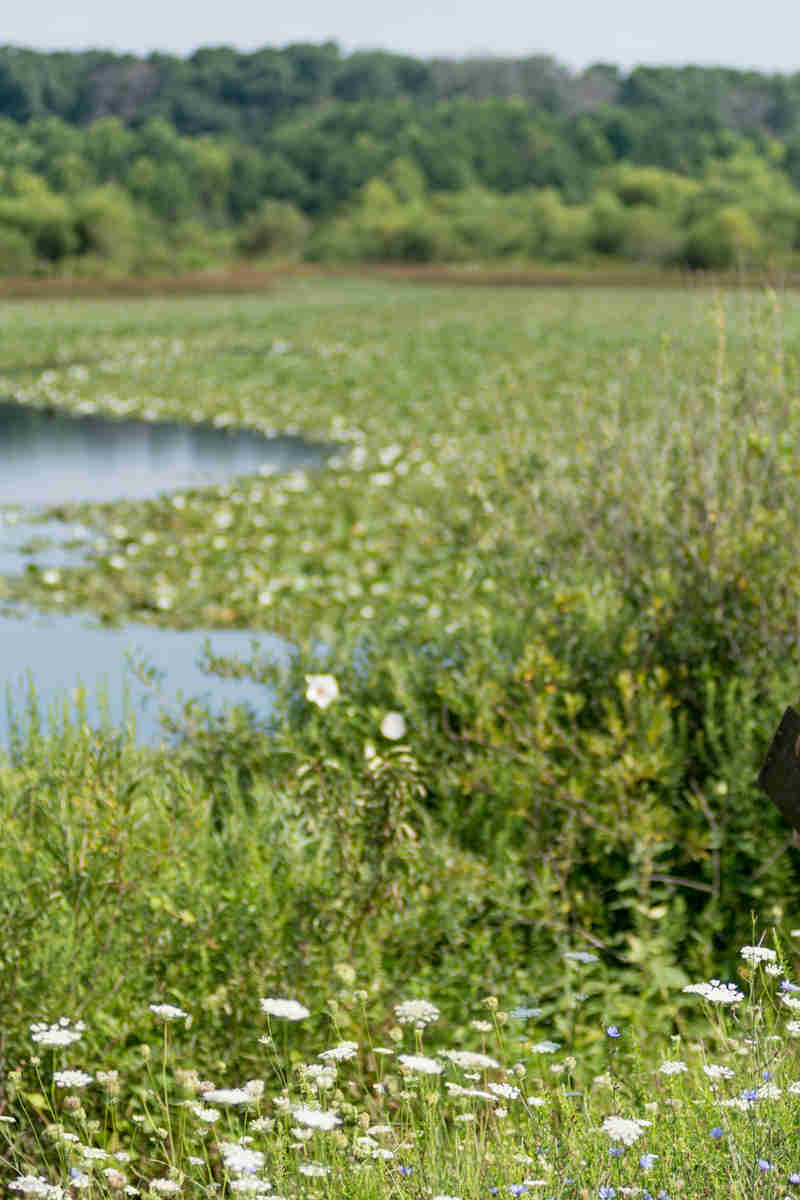In September 2023, the U.S. Environmental Protection Agency (EPA) and the U.S. Army Corps of Engineers (USACE) finalized a rule amending the definition of waters of the United States (WOTUS) after the Sackett v. EPA Supreme Court ruling shook up the regulatory process for landowners nationwide.
On May 25, 2023, the Supreme Court ruled in favor of the Sacketts, a family who was cited by the EPA for violating the Clean Water Act in 2004. The Supreme Court decision and EPA’s re-defined rule revised which wetland types were federally protected rather than state regulated and upheld the states’ authority to address water pollution through regulated land and water use. Since the rule became effective, several court cases regarding the Clean Waters Act and the WOTUS definition have changed direction in terms of judgment.
Rocking The Boat For Existing WOTUS Litigation
Landowners who want to develop their property are responsible for receiving any permits necessary for construction. This could include zoning permits, building permits, and permits for potential environmental impacts made during construction. For environmental permits, property owners must coordinate with the EPA and USACE to ensure any necessary permits are obtained.
Litigation can occur in this process if the landowner doesn’t agree with the permitting process the EPA or USACE requires of them, or if these federal regulators feel the property owner acted outside the scope established by their permits. When the Sackett v. EPA decision and new EPA rule were announced, some existing lawsuits had to re-evaluate their cases.
Here are four recent lawsuits that were settled with unexpected verdicts after the EPA rule was finalized:
- The United States v. Melton E. “Val” Valentine – Father and son Melton and Skip Valentine acquired 1,700 acres of timberland in 2016 in Martin County, NC. They planned on developing roads within property lines to harvest trees, manage the forest, and for recreational hunting and fishing. In 2018, the USACE issued a cease and desist order to the Valentines and requested a proposal or remediation or a permit. In December 2022, The Department of Justice filed a complaint in the federal court system on behalf of the USACE against the Valentines, alleging Clean Water Act violations. The law firm representing the Valentines claims the case is built on an interpretation of the Clean Water Act that has since been rebuked by the Sackett v. EPA decision.
- Lewis v. The United States – Landowner Gary L. Lewis and his company G. Lewis Louisiana, LLC, have been in court with the USACE for over ten years. Lewis’s development plans for a pine timber plantation in Livingston Parish, LA, were put on hold after the USACE determined the property contained protected wetlands. In December 2023, The United States Court of Appeals for the Fifth Circuit decided a case in favor of Lewis, citing the new Sackett ruling, allowing Lewis to use the land as he originally planned.
- Ward v. USACE – In Iowa, Dan Ward wanted to build a pond on his property. During inspections in April 2023, the USACE claimed the pond would cross a tributary on his land, violating the Clean Water Act, and would need a permit in order to continue construction. The latest Sackett decision puts this ruling into question, returning the case to court.
- White v. EPA – North Carolina landowner Robert White filed a lawsuit in federal court against the EPA and USACE in March 2023 alleging the revised rule was too broad and fails to comply with the Sackett decision. The lawsuit came after the EPA sued Robert for violating the Clean Water Act after he installed bulkheads on what the agency claims were protected wetlands located on his property without proper permits.
Building New Partnerships
With regulations always changing or updating, keeping up with the latest rulings can be a challenge. Partnering with a team that has a keen understanding of state and federal regulations can help with possible delays during a construction or land development project.
Davey Resource Group’s experts have their finger on the pulse of environmental permitting, and our goal is to ensure our clients’ projects are completed in the most efficient manner. To learn more about stream and wetland permitting, contact your local Davey Resource Group office.
Article Contributors:
Kevin Thomas, Principal Consultant, Davey Resource Group North Carolina



